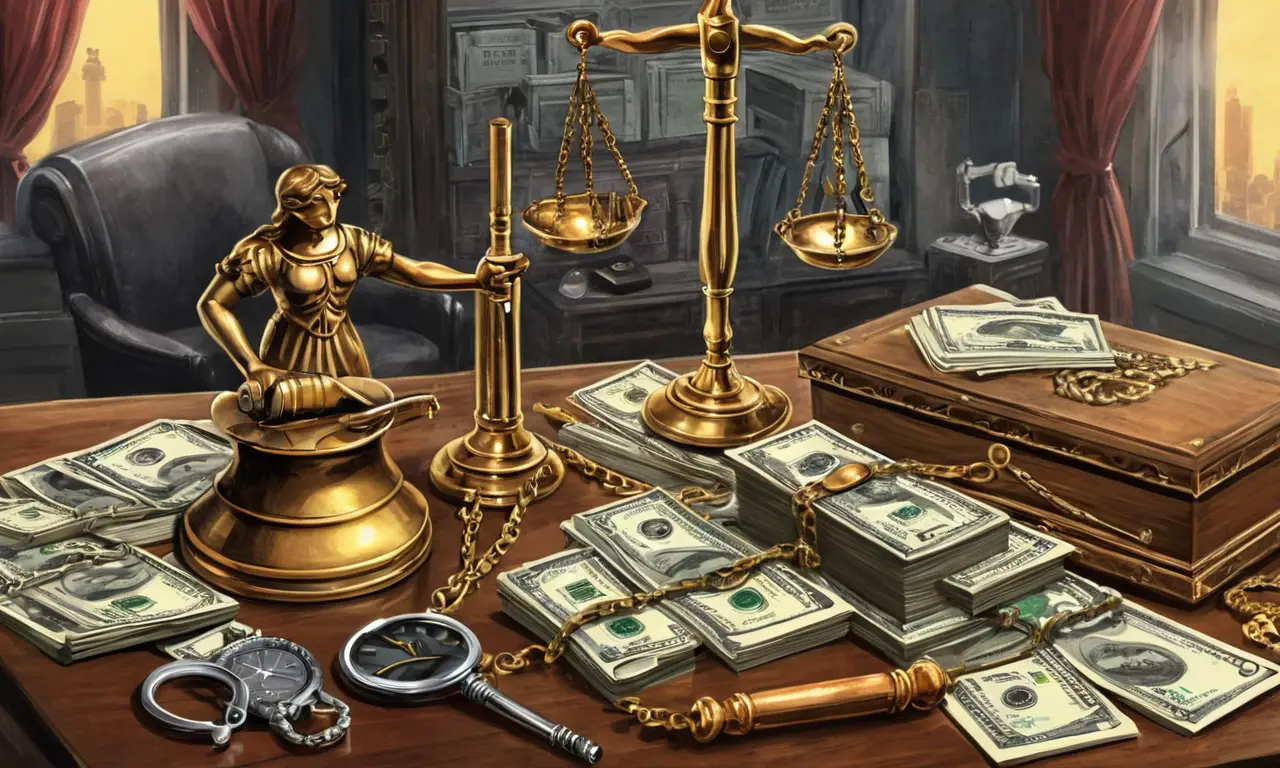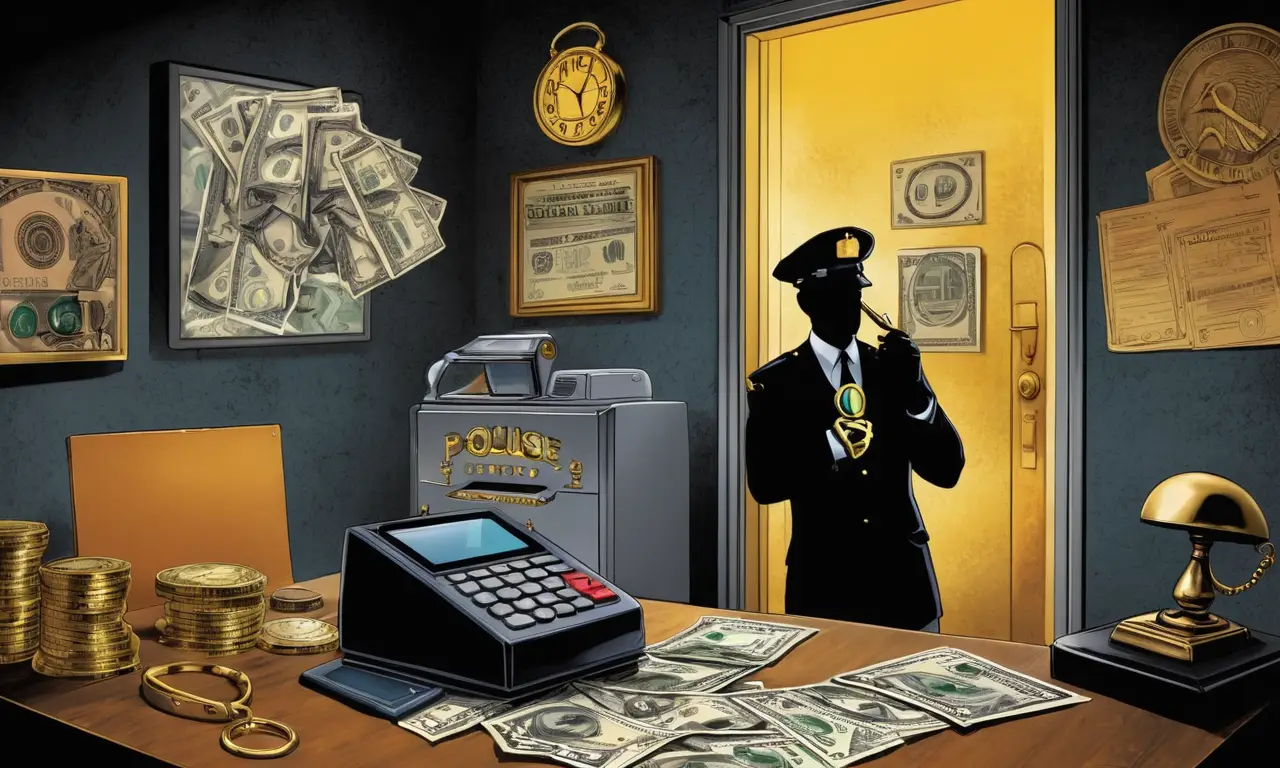Have you ever wondered if a pawn shop could tell you who pawned a specific item? It’s a common question, especially when dealing with lost or stolen goods. While pawn shops do keep records of transactions, the ability to access this information is not as straightforward as it might seem. Understanding the legal framework surrounding pawn shop records and privacy laws is crucial before attempting to uncover who pawned an item. This article will delve into the intricacies of pawn shop regulations, exploring the limits of data access and the circumstances under which identifying a particular pawner might be possible.
This article will first examine the standard practices and legal requirements governing pawn shops regarding record-keeping. We’ll then explore the role of privacy laws in restricting access to personal information held by these businesses. Subsequently, we’ll discuss the specific situations where law enforcement agencies can obtain pawn shop records, such as during police investigations or court proceedings. Finally, we’ll address the practical implications for individuals seeking to identify a pawner and outline the legal avenues available.
Pawn Shop Records and Legal Requirements
Pawn shops operate under strict regulations designed to ensure transparency and accountability. These regulations typically mandate that pawn shops maintain detailed records of every transaction they conduct. This information usually includes:
- The date and time of the transaction
- A description of the pawned item, including its make, model, serial number, and any distinguishing features
- The borrower’s full name, address, and contact information
- The amount of money loaned to the borrower
- The terms of the pawn agreement, such as the repayment period and interest rates
These records serve several purposes. They help track the movement of goods through the pawn system, prevent fraud and theft, and assist law enforcement in investigations involving stolen property. Furthermore, these records are often required to be kept for a specific period, typically several years, to ensure ongoing compliance with legal requirements.
Privacy Laws and Data Access Restrictions

While pawn shops are legally obligated to maintain transaction records, accessing this information is not unrestricted. Privacy laws play a crucial role in safeguarding personal data and limiting its disclosure without proper authorization.
General data protection regulations (GDPR) and similar legislation in various jurisdictions impose strict limitations on the collection, processing, and sharing of personal information. Pawn shops must comply with these regulations when handling customer data, ensuring that access to records is only granted under specific circumstances and with appropriate safeguards. Directly inquiring about a specific individual who pawned an item without a legitimate legal basis would likely violate privacy laws and could result in penalties for the requesting party.
Police Investigations and Court Orders
In certain situations, law enforcement agencies can obtain pawn shop records to assist with investigations. This typically occurs when there is reasonable suspicion that stolen property has been pawned or when a criminal investigation requires access to transaction details. Police officers may request pawn shop records through a subpoena or warrant, which are legal documents authorizing the disclosure of specific information.
Similarly, courts can issue orders compelling pawn shops to provide records as part of legal proceedings. This might happen in civil lawsuits involving stolen property or in criminal trials where evidence related to pawned items is relevant. In these instances, the court’s order overrides privacy concerns and allows for the release of necessary information to facilitate justice.
Can You Find Out Who Pawned an Item?

While pawn shops are legally obligated to keep records, directly accessing this information without proper authorization is generally prohibited due to privacy laws. Individuals seeking to identify a pawner typically face significant legal hurdles.
There are limited exceptions where you might be able to obtain this information:
- If you have a valid police report: If your property was stolen and reported to the police, law enforcement may be able to access pawn shop records as part of their investigation.
- Through a court order: In certain legal proceedings involving stolen property or other relevant claims, a court might issue an order compelling a pawn shop to disclose information about a specific transaction.
It’s crucial to remember that attempting to obtain pawn shop records without proper authorization is illegal and could result in serious consequences.
Conclusion
The ability of pawn shops to reveal who pawned an item is subject to strict legal limitations. While they are legally required to maintain detailed transaction records, accessing this information is typically restricted by privacy laws and regulations. Law enforcement agencies can obtain pawn shop records under specific circumstances, such as during investigations or court proceedings, but individuals seeking to identify a pawner face significant legal hurdles. Understanding these legal boundaries is essential before attempting to uncover who pawned an item.



